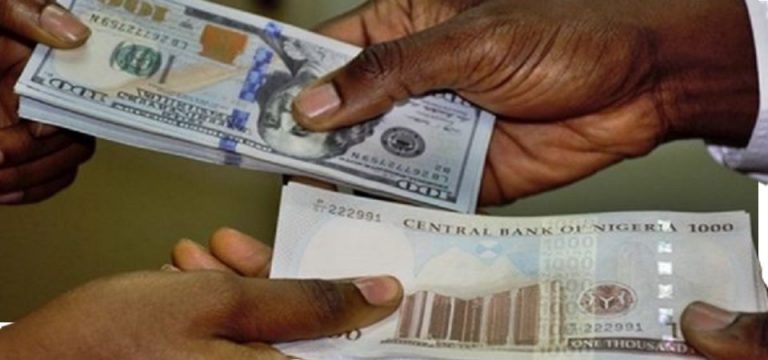
The Central Bank of Nigeria (CBN) has initiated a move to bolster the forex market by issuing a circular to Bureau De Change operators (BDCs), informing them of the sale of $10,000 to each BDC at a rate of N1,251/$1.
According to the circular, each BDC is instructed to sell the allocated dollars to eligible customers at a rate not exceeding 1.5% above the purchase price. This translates to a maximum selling rate of N1,269/$1, assuming that BDCs adhere to the prescribed margin.
“We refer to our letter to you referenced TED/DIR/CON/GOM/001/071 in respect of the above subject wherein the CB approved a second tranche of sale of FX to eligible BDCs.
Register for Tekedia Mini-MBA edition 19 (Feb 9 – May 2, 2026): big discounts for early bird.
Tekedia AI in Business Masterclass opens registrations.
Join Tekedia Capital Syndicate and co-invest in great global startups.
Register for Tekedia AI Lab: From Technical Design to Deployment (next edition begins Jan 24 2026).
“We write to inform you of the sale of $10,000 to each BDC at the rate of N1,251/$1. The BDCs are to sell to eligible end users at a spread of NOT MORE THAN 1.5 per cent above the purchase price,” the circular said.
The resumption of dollar sales to BDC operators marks a significant development after a prolonged suspension by the central bank in 2021. This suspension was lifted earlier in the year following the revocation of licenses of over 4173 BDC operators in February.
Financial analysts interpret the CBN’s selling of forex to BDCs at N1,251/$1 as a strategy to prevent traders from locking in large transactions above the stipulated rate. Kalu Aja, a financial analyst, suggests that while the Naira appears to float, the CBN intervenes to strengthen the currency by selling its forex reserves to BDCs at a rate below the willing buyer/willing seller price. He added that it is the reason behind the recent naira’s gain in the FX market.
The naira experienced further appreciation at the parallel segment of the foreign exchange market, with currency traders in Lagos quoting the Naira at N1,440 to the greenback. This represents an appreciation of N30 or 2.04% from its previous rate of N1,470/$ on March 22.
At the FMDQ Exchange, which oversees official forex trading in Nigeria, the local currency rose by 1.64% or N23.41 to N1,408.08/$ on Monday, compared to N1,431.49/$ on March 22.
Aminu Gwadabe, president of the Association of Bureau De Change Operators of Nigeria (ABCON), said the CBN needs to adopt a paradigm shift in sourcing foreign exchange for the economy. Gwadabe emphasized the importance of resolving valid forex backlogs to enhance market stability and attract international investments.
“In summary, that is my observation: the increasing resilience, capacity, and arsenal of the Central Bank of Nigeria to defend our local currency through several measures,” Gwadabe said.
“My advice is for them to continue widening and undergo a paradigm shift in sourcing foreign exchange for the economy.”
However, economists have raised questions about the CBN’s selective approach to selling forex only to BDCs. They question why the CBN doesn’t extend this opportunity to all members of the Manufacturers Association of Nigeria (MAN) and the Small and Medium Enterprises Development Agency of Nigeria (SMEDAN).
“I would prefer the CBN subsidize exporters If you export and remit back to CBN you buy your dollars at $1:N1251,” Aja noted.



